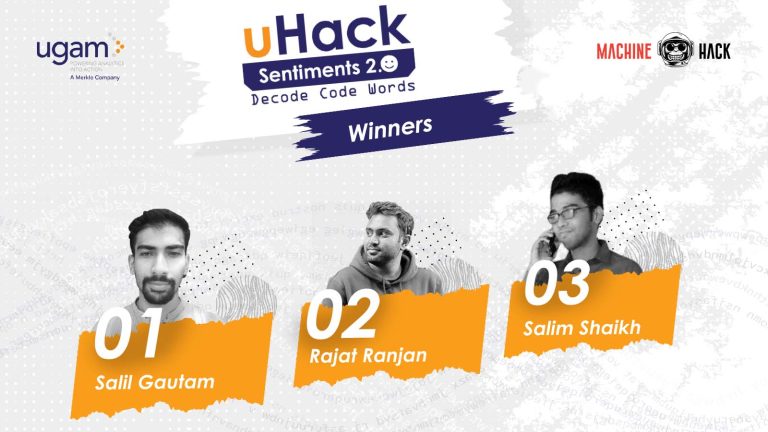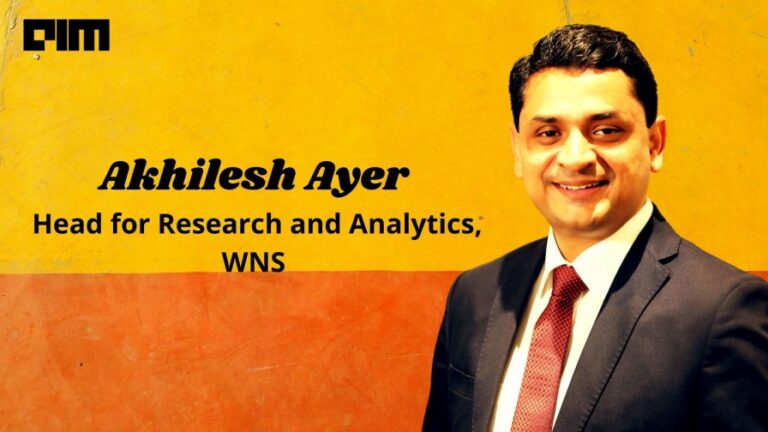|
Listen to this story
|
Few decades back, when telemarketing and direct email were just starting to pick up, a small company leveraged data and analytics to devise marketing campaigns. In 1988, 25-year-old David Williams acquired the company. The rest, as they say, is history.
Today, Merkle—a dentsu company—is one of the leading customer experience management companies, trusted by Fortune 1000 companies and non-profit organisations worldwide. Headquartered in Columbia, Maryland, Merkle has 50+ offices throughout the Americas, EMEA, and APAC, with more than 14,000 employees. Merkle combines data, technology, and analytics with consumer insights to build hyper-personalised marketing strategies. The firm also leverages the experience of marketing experts specialising in consulting, creative, media, analytics, data, identity, CX/commerce, technology, and loyalty & promotions to optimise its solutions.
In 2019, dentsu International acquired a majority stake in Mumbai-based data and analytics company Ugam. Founded in 2000, Ugam—now a Merkle company—helps corporations, including Fortune 500 companies, accelerate their digital transformation. The company’s offerings range from retail and survey analytics, to technology implementation and data engineering. The idea behind this acquisition was to strengthen Merkle’s multi-year analytics strategy of creating a scaled on- and offshore shared analytics service across dentsu International.
State of play
“Back in the day, we used machine learning methodologies mostly in the predictive modelling space. And now, we use it for natural language processing, image recognition, next best actions and decisioning, and personalised customer experiences. AI has a role in all those different things. It’s not just about modelling anymore, it’s really about taking all of the data from every touch point and being able to process and analyse it and use it in different ways,” said Shirli Zelcer, global head of analytics, Merkle.
Merkle offers a range of AI and analytics-based services, including:
- Analytics consulting
- Customer analytics
- Customer experience optimization (CXO) analytics
- Media and digital analytics
- Data visualisation
“We use AI and data analytics to optimise business workflows and marketing mix models. We have combined this IP into a no-code/low-code platform. We’ve also trained our workforce to understand AI better, and created what we call AIOps. For example, the platform has a click-and-select feature for the technique you want to use. Then, there would be a bunch of people who validate that, and then it would be operational. There would be a feedback loop in which the AI would learn and then recommend in the next loop, and so on and so forth. We are at a stage where we are using AI for larger operations,” said Navin Dhananjaya, chief solutions officer at Ugam Solutions.
Roadblocks
“Historically, AI and machine learning have had the reputation of being a black box. I think at the forefront, one of the biggest issues was, understanding what was happening within the algorithms and how they were being created so that the clients felt comfortable using those outputs,” said Shirli.
All roads lead to ethics
As per Shirli, there are not enough conversations happening around ethical AI. “Back in the day, when we used to build models that were not based on machine learning and AI, everything was extremely transparent. You would be able to understand exactly what data was coming in, what attributes were used in the model, how they were related to each other, how they were interacting with each other with the final algorithm and the direction of all the variables, etc. And everything was highly explainable and transparent. As we introduced new methodologies like machine learning, people weren’t thinking about these at all.”
“I think what we’re seeing now, especially in today’s culture, is that it’s becoming increasingly important to ensure that there’s no underlying bias. But unfortunately, what can sometimes happen in machine learning and AI is that these attributes that go into the model can be proxies for things that create bias, or variables can be combined in a way that you weren’t anticipating, which can create bias,” she added.
As per Navin, digital acceleration has also been a catalyst. “In the past, AI was not as accessible as it is today, and it was always people first, and then a lot of that is pivoted to AI-first and then people doing the validation, so the outputs are more AI-driven now, which is good from maturity of AI/ML,” he said.
“I think that the use cases for AI have gotten much broader. But, unfortunately, this leads to potential bias and ethical issues,” Shirli added.
Merkle’s answer
“Our approach is not to dictate what is ethical and what is not ethical. Our approach is 100% transparency. You have to understand exactly what attributes are being used, how they’re being used, if any bias is being created, calculate fairness metrics, etc. Then, have a very honest conversation with our clients and say what you are comfortable with and what you want to put in the market,” said Shirli.
Merkle leverages a combination of people, processes and technology to come up with marketing strategies. “We will onboard domain experts who will help us go through this journey and we will build a set of processes where people will ensure that whether it is fairness or whether it is anything related to data or ethics or explainability,” said Navin.
Data activation is another area of focus for the company. “When creating audiences, we could potentially hand them off to media teams. The media teams have to ensure that they’re not activating it in a biased way, and then some focus on one population versus the other. So like when you activate against publishers, you might be creating bias, and then in the feedback, we’ve frightened of the samples that come back for the models to build on themselves continuously. So there are a lot of different areas that we’re going to have to focus on to make sure that there’s no bias,” said Shirli.



















































































